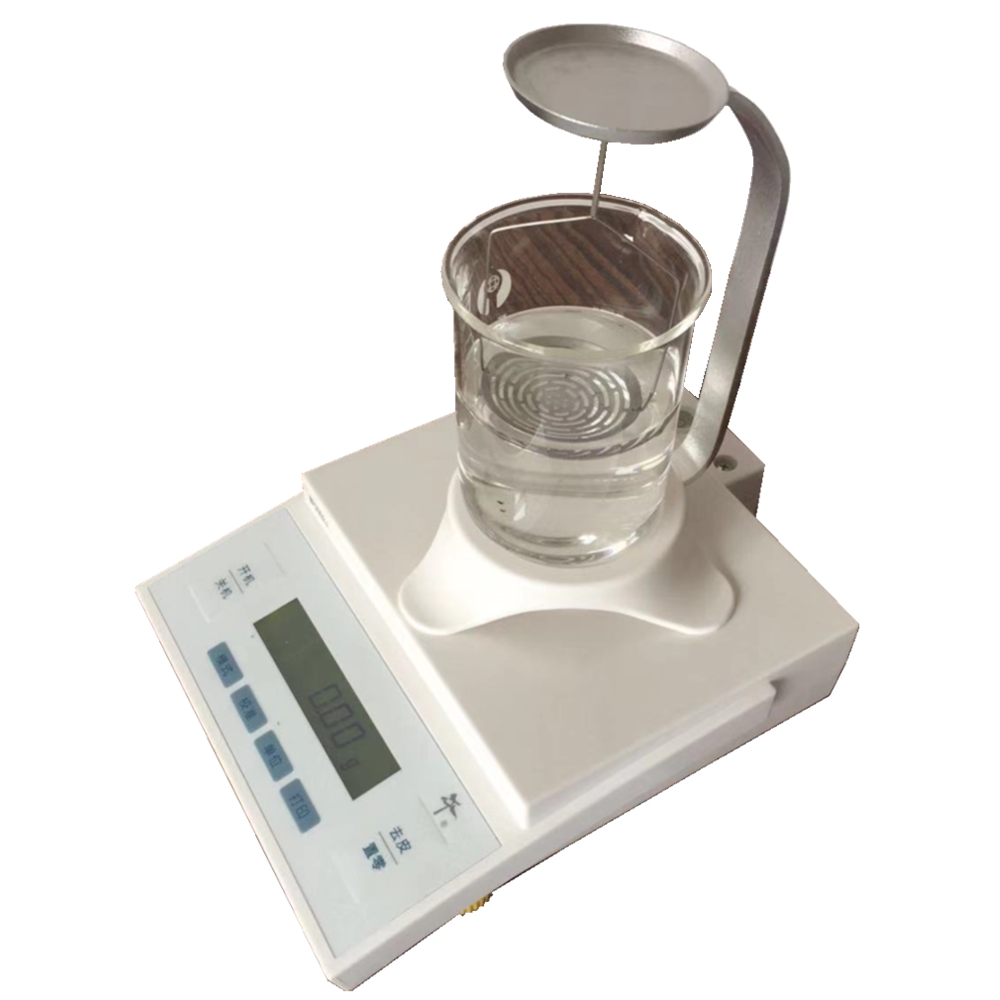China Cable Flexibility Testing Equipment for Quality Assurance and Performance Evaluation
Understanding China Cable Flexibility Test Machines Ensuring Quality and Durability
In a world increasingly dependent on advanced technologies, the quality and reliability of electronic components, particularly cables, are of paramount importance. As industries innovate, the demand for efficient and precise testing equipment rises. One essential tool in this domain is the cable flexibility test machine, a device crucial for evaluating the physical properties of cables. This article delves into the significance of these machines, particularly in the context of their development and application in China.
The Importance of Cable Flexibility Testing
Cables are integral components in electrical systems, serving as conduits for power and data transfer. In practical applications, cables are subjected to frequent bending, twisting, and movement. Therefore, assessing their flexibility is vital to ensure they can withstand these conditions without degrading. A cable that cannot maintain its integrity under stress can lead to failures, posing risks not only to equipment but also to safety and efficiency.
Flexibility testing examines how well a cable can bend without fracturing or losing its functional capabilities. This includes measuring key parameters such as bend radius, fatigue resistance, and the minimum radius that a cable can handle without suffering damage. The results from these tests help manufacturers to produce cables that meet international and industry standards, ensuring the reliability expected by consumers.
Innovations in Cable Flexibility Test Machines
China, as a global hub for manufacturing and technology development, has made significant strides in enhancing cable flexibility test machines. These machines have evolved to incorporate advanced technologies that improve accuracy, efficiency, and usability. Modern cable flexibility test machines use sophisticated sensors and software to provide real-time data on cable performance, enabling precise measurements and evaluations.
Moreover, the automation of testing processes has become increasingly common. Automated machines reduce human error and allow for higher throughput, which is essential for meeting the rigorous demands of mass production. By integrating features such as programmable testing sequences and data logging, manufacturers can streamline the testing process, leading to faster results and improved quality assurance.
china cable flexibility test machine

Compliance with International Standards
In the realm of cable manufacturing, compliance with established standards is critical. Adhering to these standards not only ensures product safety but also enhances marketability. China’s cable flexibility test machines are designed with compliance in mind, enabling manufacturers to conduct tests that meet various international criteria, such as those set by IEC (International Electrotechnical Commission) and UL (Underwriters Laboratories).
By utilizing these machines, manufacturers can confidently certify their products for international markets. This not only boosts their credibility but also facilitates trade, as products that meet stringent standards are more likely to be accepted by global customers. Quality assurance through rigorous testing processes thus plays a vital role in enhancing the competitiveness of Chinese cable manufacturers on the world stage.
Future Trends and Developments
As technology continues to advance, the future of cable flexibility testing in China looks promising. There is a growing emphasis on incorporating artificial intelligence and machine learning into testing protocols. Such innovations can enhance predictive analytics, allowing manufacturers to anticipate potential issues before products reach the market.
Furthermore, the rise of eco-friendly materials and the push for sustainable manufacturing practices present new challenges and opportunities for cable flexibility testing. As manufacturers explore the use of biodegradable and recyclable materials, testing machines must adapt to assess the flexibility and performance of these novel materials.
Conclusion
The significance of cable flexibility test machines in the manufacturing sector cannot be overstated. As they play a critical role in ensuring the quality and durability of cables, advancements in these machines are essential for meeting the evolving demands of the industry. China's commitment to innovation and quality control in this area is instrumental in bolstering its position as a leader in global manufacturing. The ongoing improvements in cable flexibility testing not only enhance product integrity but also pave the way for safer and more reliable electrical systems in our technology-driven world.
-
reliable-performance-testing-with-advanced-aging-chamber-solutions
NewsAug.23,2025
-
advancing-precision-with-profile-projector-technology
NewsAug.23,2025
-
uv-led-ultraviolet-crosslinking-technology-innovation-and-prospects
NewsAug.23,2025
-
ensuring-safety-and-compliance
NewsAug.23,2025
-
electrical-properties-testing-in-modern-applications
NewsAug.23,2025
-
universal-tensile-testing-machine-applications-in-modern-electrical-and-material-testing
NewsAug.23,2025
 Copyright © 2025 Hebei Fangyuan Instrument & Equipment Co.,Ltd. All Rights Reserved. Sitemap | Privacy Policy
Copyright © 2025 Hebei Fangyuan Instrument & Equipment Co.,Ltd. All Rights Reserved. Sitemap | Privacy Policy

